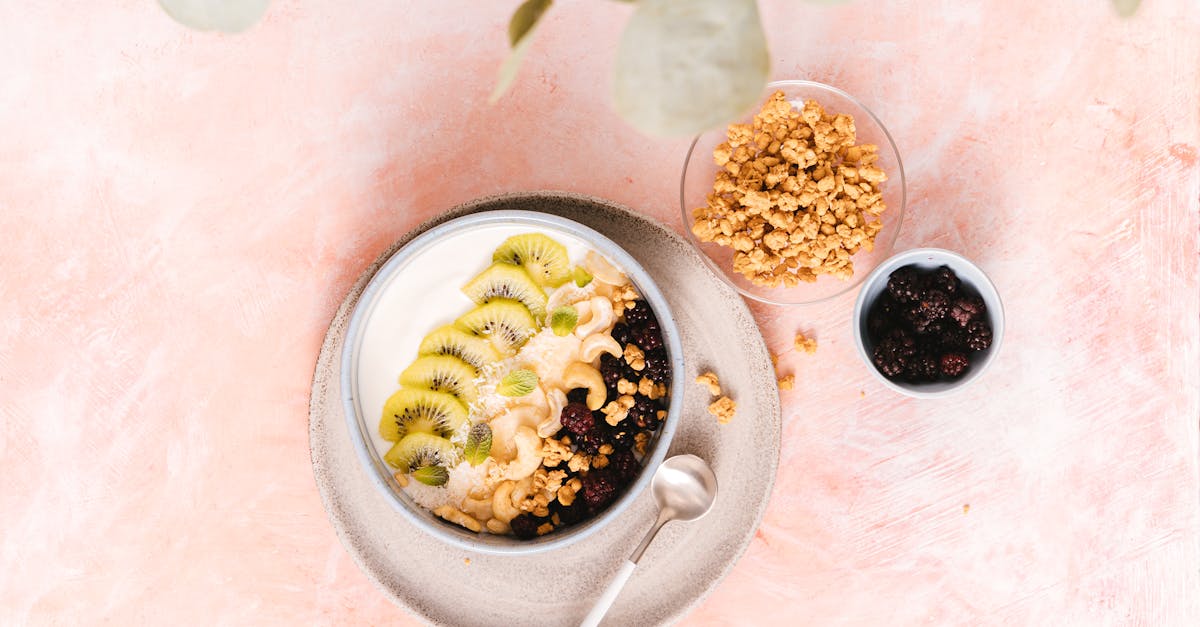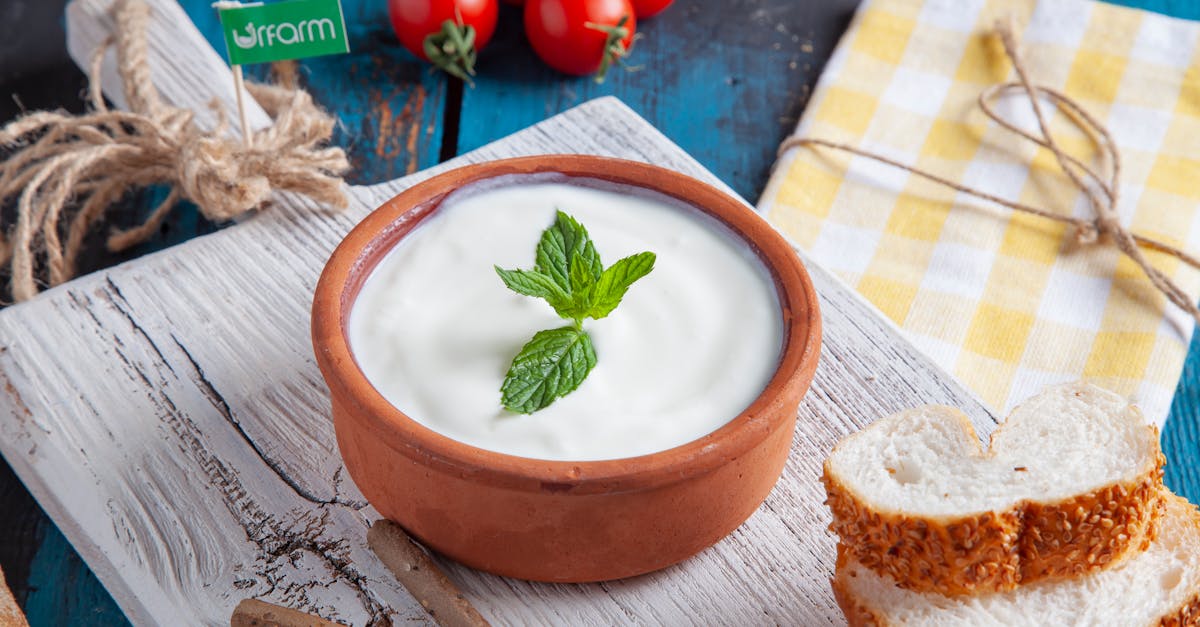How Nutrition Influences Brain Development
Ever wondered if what your child eats affects their brain power? Studies show that nutrition plays a crucial role in cognitive and language development. Consuming foods rich in vitamins and minerals can enhance brain function, while a poor diet can lead to sluggish thinking. Imagine a car running on low-quality fuel – it just doesn’t perform as well. The same goes for our brains!

Proper nutrition is key to supporting brain health and overall cognitive function. Including a variety of fruits, vegetables, whole grains, and lean proteins in your child’s diet can provide essential nutrients for optimal brain development.
The Impact of Nutrients on Brain Health:
- Omega-3 fatty acids: Found in fatty fish, these essential fats are crucial for brain structure and function.
- Vitamins and Minerals: Vitamin D, B-vitamins, iron, and zinc play vital roles in cognitive development and overall brain health.
- Antioxidants: Protect brain cells from damage and promote healthy brain aging. Sources include berries, nuts, and leafy greens.
Healthy Eating Habits for Brain Development:
- Limit sugary and processed foods: Excessive sugar consumption can lead to inflammation and cognitive issues.
- Stay hydrated: Proper hydration is essential for optimal brain function and concentration.
- Encourage a balanced diet: Provide a variety of nutrient-dense foods to support overall brain health.
By understanding the connection between nutrition and brain development, you can make informed choices to support your child’s cognitive abilities and overall well-being.
Best Foods for a Sharp Mind
Feeding your child’s brain is simpler than it seems. Blueberries, for instance, are packed with antioxidants that improve memory. Oily fish, like salmon, provides omega-3 fatty acids crucial for brain growth. Even leafy greens, loaded with vitamins, can make a big difference. Swapping out processed snacks for these brain-friendly foods could be a game-changer for your child.

Breakfast: The Meal That Matters Most
Breakfast isn’t called the most important meal of the day for nothing. A nutritious breakfast fuels your child’s brain, giving them the energy and focus needed for school. Think whole grains, proteins, and fruits. A bowl of oatmeal with berries or a scrambled egg with whole-grain toast can set a positive tone for their day. So, say goodbye to sugary cereals and hello to brain-boosting breakfasts.

Snacks That Support Cognitive Growth
Snacking smart can support cognitive growth. Instead of chips, offer nuts and seeds loaded with healthy fats. Or try yogurt, which is not only delicious but also rich in protein. These snacks help keep blood sugar levels stable, preventing the dreaded mid-afternoon crash. And yes, you can ditch the guilt; you’re really feeding their future.

Dealing with Picky Eaters
Dealing with a picky eater can be downright frustrating. One trick is to get creative with presentation. Use cookie cutters to make fun shapes out of fruits and veggies. Another effective strategy is involving them in grocery shopping and meal prep. When kids feel like a part of the process, they are more likely to try new foods. Remember, it’s all about making food fun and engaging.

Interactive Meal Planning for Kids
Turn meal planning into a family activity. Ask your kids what fruits and veggies they’d like to try. Make a colorful chart to track their choices and encourage them to help with cooking. Not only does this teach them valuable life skills, but it also makes them more invested in what they eat. Who knew planning a meal could be so educational and fun?

